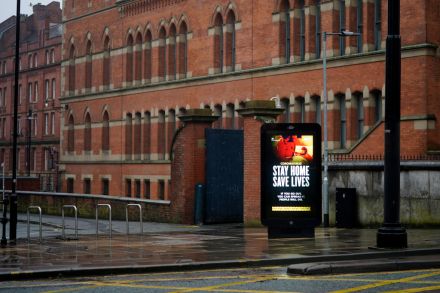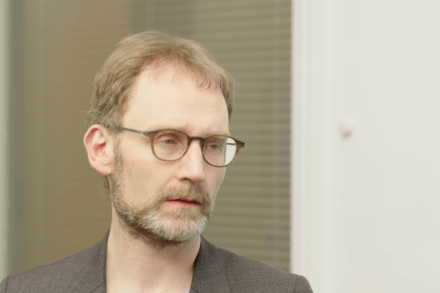Why Warwick’s Covid modelling doesn’t add up
This week began with more frightening graphs from SPI-M, the government’s scientific modelling committee. A team at Warwick University calculated that, had the 21 June reopening gone ahead, hospitalisations could have peaked at over 3,000 a day in August. By contrast, the first peak in April 2020 saw 3,149 admissions in one day and the second peak in January reached 4,160 on a single day. Yet, like the infamous ‘4,000 deaths a day’ graph presented at the Downing Street press conference last October to justify a second lockdown, it took only a couple of days for questions to be asked about the assumptions behind the scenario. Pessimistic assumptions about the





